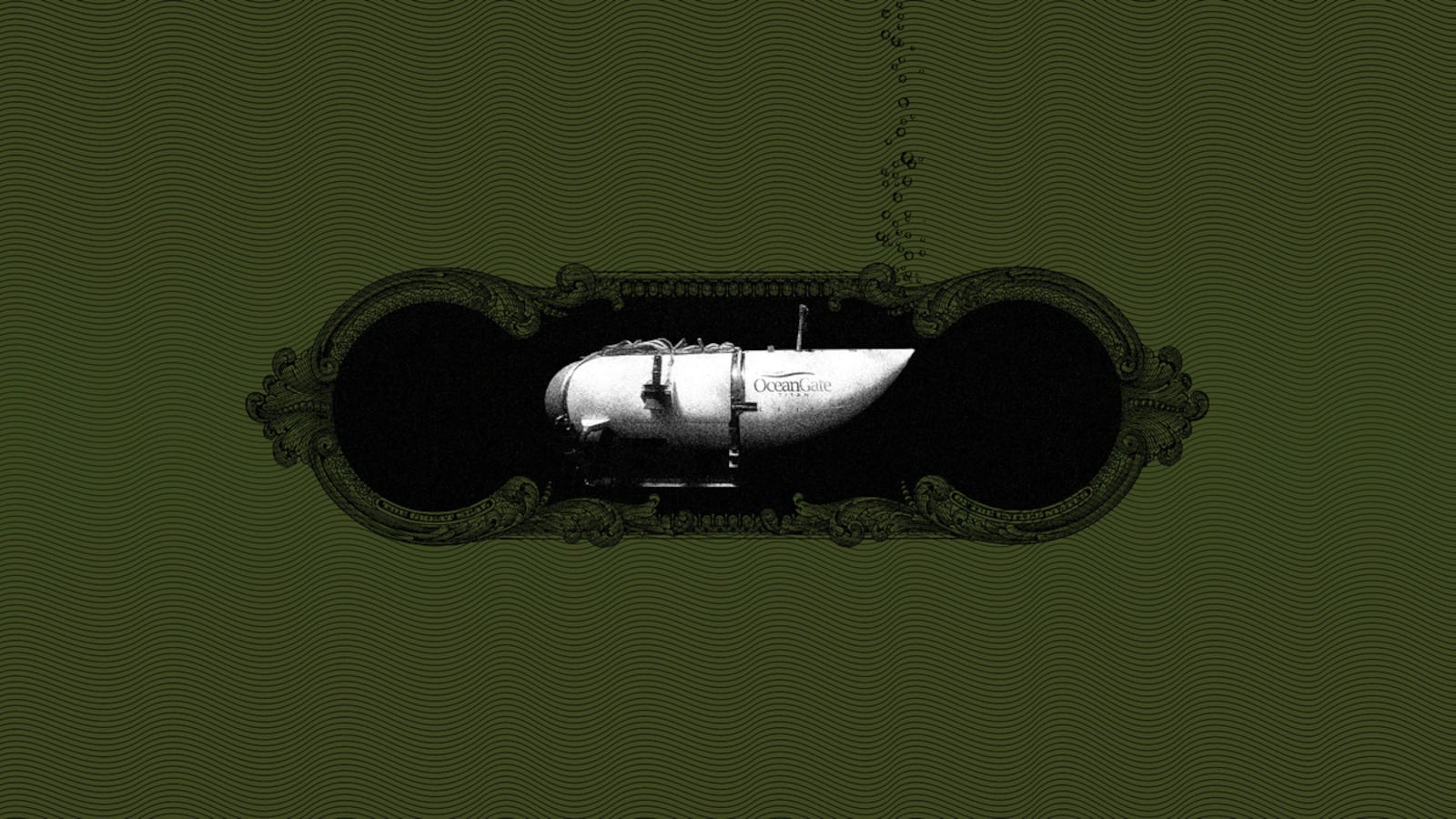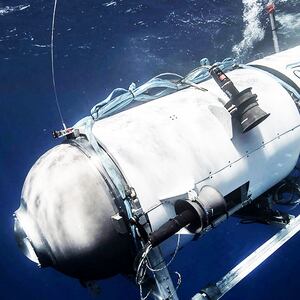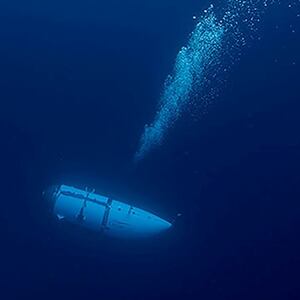If you’re one of the many who plan to travel this summer, you’re probably looking forward to a trip to a beachside locale, or maybe hiking through a National Park, or even just visiting friends and family in their local cities.
This isn’t going to be the case if you’re a billionaire. Instead, you’re more likely to do things like jet set to a private Tahitian island with your closest friends, or spend a week at one of the world’s most exclusive ski resorts, or book a private $300,000 opera concert for you and your wife.
Or, if that all strikes you as a little boring, you might want to find something a little more adventurous like cage diving with sharks in South Africa, standing in a traffic jam line to climb Mt. Everest, or even launching yourself into space aboard a rocket built by Jeff Bezos’ Blue Origin or Elon Musk’s SpaceX.
It might sound far-fetched to us normal wage earners, but extreme and potentially dangerous travel experiences are actually part of a growing trend among the world’s ultra-wealthy. As we’ve recently seen with the missing Titanic submersible incident, these experiences often come with a high risk—one that might result in even more injury and death amongst the world’s richest people for the sake of novelty.
“Adventure tourism at large is a growing segment,” Rich Harrill, the director of the International Tourism Research Institute at the University of South Carolina, told The Daily Beast. “There are elements within that like extreme tourism where there is some risk.”
Though saddened and concerned for the missing crew members of the Titanic sub, Harris said he wasn’t surprised to hear about the trip. The sub—dubbed the Titan—is owned and operated by private submersible company OceanGate, which charters the sub for trips to the Titanic wreckage for $250,000 per passenger. Despite the high costs, the company and others like it have a long wait list of wealthy tourists itching to sink more than 2 miles under the North Atlantic surface to peer at the doomed wreck of the ship.
Such experiences are tailored for ultra-wealthy “thrillionaires,” Harrill explained, borrowing a term from culture consultant Larry Samuel. These are billionaires who love to spend their money on novel, once-in-a-lifetime experiences. These uber-rich have been there and done it all—from climbing to the summit of Mt. Everest to hunting big game animals in the middle of Africa to circumnavigating the Earth in private sailboats.
“They're looking for a sense of personal fulfillment,” Angela Hughes, the founder of travel consultancy Luxury Travel University and travel agency Trips and Ships Luxury Travel, told The Daily Beast. “By indulging in these experiences, there's a release of adrenaline and a rush of excitement that's difficult to find anywhere else.
“With the high-end luxury market,” she added, “there’s an escape from a mundane routine of everyday life, and provide an outlet for them to experience a sense of accomplishment.”
But that comes at a cost beyond just a pricey line on a credit card statement. This sense of accomplishment and adventurous travel experiences often come tethered with an undeniable risk factor. Look no further than OceanGate’s expedition to the Titanic, which required participants to sign a waiver that acknowledged that crew members were about to board an “experimental, submersible vessel that has not been approved or certified by any regulatory body and could result in physical injury, disability, emotional trauma, or death.”
The technology—or rather, the lack thereof—behind the submersible bears this out. It seemed slap-dash and almost cobbled together. CBS reporter David Pogue visited OceanGate as part of a profile on their operations in 2022 and called out the Titan’s “MacGyver-y, jerry-riggedness” construction.
It’s not just billionaires going into experimental, deep-sea submersibles. We see this kind of risk-taking behavior when the ultra-wealthy decide to tackle the world’s tallest mountain. A growing number of wealthy and inexperienced mountaineers have tried to climb Mt. Everest in recent years—with deadly results. In fact, 11 climbers lost their lives attempting to summit the world’s tallest mountain in 2019 alone.
Similarly, the fledgling space tourism industry is already seeing an influx of billionaires trying to play Neil Armstrong and jettison off into orbit via the services of any number of growing private aerospace companies. In doing so, they’ll be flying in large and recently-developed rockets that have a history of spectacular explosions. Sure, no one has died yet while traveling into space and back aboard a private rocket—but there haven’t been that many trips to begin with. As the saying goes, space wants to kill you. It might be only a matter of time before it does.
Hughes said that she has recently been working with private aerospace vendors to help coordinate a growing number of clients who have expressed interest in private space travel. It’s something that she also anticipates will grow more in the future.
Both Hughes and Harrill agree that it’s the nature of billionaire spending habits. It’s not so much that being ultra-wealthy turns you into an adrenaline junky. It’s that it makes you more likely to turn to the extremes of whatever you’re already interested in. For example, if you love to collect books, you’ll be able to find the rarest first editions of the most sought after books out there. Likewise, if you’re interested in space, you’re not just going to buy a telescope and be done with it. You’re going to want to physically touch the moon.
And if you’re interested in the Titanic and shipwrecks, you’re going to want to see the damn thing yourself. Of course, this comes at the potentially steep price of putting one's life on the line. But, for some people, money—and their lives—are truly no object.
“Experiential travel comes with not just dollar cost, but a safety cost as well,” Hughes said. “And as we continue to push for excitement and the adrenaline that comes with it, we've got to remember that the universe loves to push back—and it has this week for sure.”







